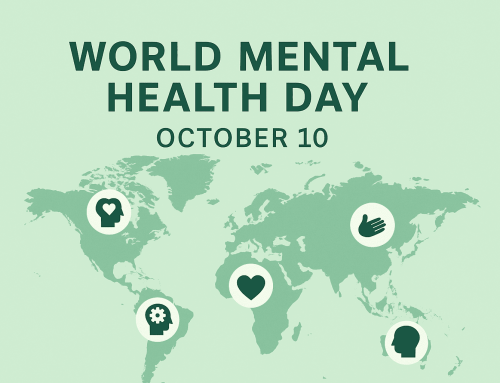Your first‑aid kit could be hiding a hidden risk. On 4 August 2025, the UK Health Security Agency (UKHSA) and the Medicines and Healthcare products Regulatory Agency (MHRA) issued a safety alert urging the public to stop using and dispose of certain non‑sterile, alcohol‑free cleansing wipes.
What’s the issue?
Investigations found contamination with a bacterium called Burkholderia stabilis in several widely sold alcohol‑free wipes—especially troubling when these wipes are used on broken skin, wounds, or intravenous (IV) lines. Although generally harmless to healthy individuals, this bacterium can cause serious infections in vulnerable people, such as those who are immunocompromised or managing IV lines at home.
The following items have been identified and withdrawn from sale, but they might still be in homes, workplaces or first‑aid kits:
-
ValueAid Alcohol Free Cleansing Wipes
-
Microsafe Moist Wipe Alcohol Free
-
Steroplast Sterowipe Alcohol Free Cleansing Wipes
Additionally, Reliwipe Alcohol Free Cleansing Wipes showed contamination with a different strain of Burkholderia—though not linked to any outbreak cases.
What should you do now?
-
Check your kits: Look through your pantry, medicine cabinet, and first‑aid kit for these wipes.
-
Dispose of them: Throw affected products into your household waste—no need for special disposal.
-
Stick to sterile alternatives: Always choose wipes labelled ‘sterile’ for any use on broken skin, wounds, or IV care. Inspect packaging for integrity and check expiration dates.
-
Monitor symptoms: You don’t need to see a doctor unless you notice signs of infection—like redness, swelling, warmth, pain, discharge, fever, or chilliness.
-
Healthcare professionals, take note: The UKHSA has issued a National Patient Safety Alert for clinicians to reinforce infection‑prevention protocols around these products. Read here
Why it matters
While the overall risk to the general public remains very low and Thankfully, there have been no reported deaths and no evidence of person‑to‑person transmission.
Dr. James Elston from UKHSA explained that testing revealed the link through careful investigation, prompting rapid alerts to healthcare professionals. Meanwhile, MHRA emphasized that wipes intended for medical use are regulated as medicines—and these products lacked proper authorization.
Final thoughts
Your health—and that of those you care for—deserves that extra ounce of attention. Toss any remaining non-sterile, alcohol-free wipes. Next time you reach for a wipe, make sure it’s clearly marked ‘sterile’ and use it as intended. When in doubt, follow NHS advice—or reach out to your healthcare team if you’re managing IV lines or chronic conditions at home.
Stay safe and informed—because every little precaution counts.




